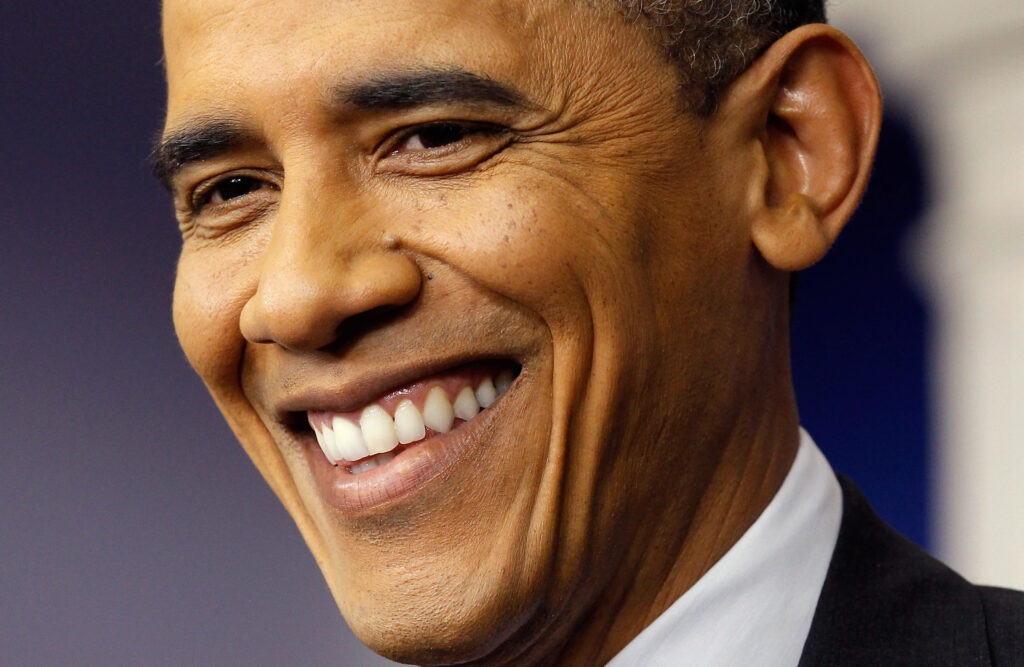In his State of the Union address to Congress on January 20, President Barack Obama made several statements concerning health care, and both his factual claims and his conclusions are dubious, as the following analysis shows.
Paid Family and Sick Leave
Obama emphasized the plight of the 43 million American workers who do not have paid sick leave. He asked Congress to “Send me a bill that gives every worker in America the opportunity to earn seven days of paid sick leave.”
Obama failed to mention an estimated 100 million workers who have paid sick leave likely don’t get seven days annually. He also didn’t point out one of his own advisors Jonathan Gruber produced research showing workers end up paying the cost of mandatory benefits through lower wages.
Gruber, of course, is somewhat infamous because he was a key architect of Obamacare who was seen on a variety of videos boasting about how they passed the bill by deception and through the ignorance and stupidity of American voters.
If employers are forced to provide seven paid days off of work for every worker, employers will adjust worker pay to compensate for the cost. This will inhibit pay raises, and it will reduce paid vacation days. It could even harm the employment prospects of workers most likely to stay home and care for a sick child, also according to Gruber.
A better idea would have been to call for expanding Health Savings Accounts (HSA) to all workers, allowing them to set aside funds for medical needs. Another good proposal would be to let workers use HSAs to compensate for income lost from sick days without the 20 percent penalty currently applied in addition to ordinary income taxes workers pay.
Expanded Exchange Coverage
Obama touts the claim millions more people are now covered under health insurance policies through employer plans. However, my own research has shown exchange subsidies will cause employers to drop coverage.
Firms are cutting back workers’ hours to avoid having to provide them with health benefits. Mandatory benefits are not free; workers bear the cost in the form of lower wages and other benefits, and many of these newly covered individuals were not allowed to choose their own health care policy.
Expanded Medicaid Coverage
Obama said “in the past year alone, about ten million uninsured Americans finally gained the security of health coverage,” but neglected to mention roughly six were covered through Medicaid expansion, and many of them are finding it difficult to find doctors willing to work for the paltry fees state Medicaid programs pay doctors for treatment.
The National Center for Policy Analysis says in its report “Exchanging Medicaid for Private Insurance” states have alternatives to expanding Medicaid that can help low-income residents access private coverage for very low fees.
Gruber also found in a paper 50–75 percent of new Medicaid enrollees from past expansions dropped private coverage in order to get on Medicaid.
Lower Cost Inflation
Obama correctly said in his address health care inflation is as low as it has been in many years; the reason is because an estimated 35 million Americans either have health savings accounts or health reimbursement arrangements. Millions more have high-deductible plans. The average deductible in an employer plan is now around $1,000, and the figure doubles for a family plan.
Veterans’ Health
Obama was right when he said every veteran deserves access to high-quality health care upon returning to civilian life. Access to quality medical care for our nation’s veterans is currently inadequate. For example, the Department of Veterans Affairs (VA) has failed to implement proper support programs to curb suicide risks and other dangers related to posttraumatic stress, mental disorders, and traumatic brain injuries. Unfortunately, there is little evidence that any plans are currently in the works to correct these deficiencies.
Precision Medicine Initiative
Obama’s proposal in his address to expand personalized medicine “that delivers the right treatment at the right time” is laudable, but the best way to expand personalized medicine is not to increase the government’s role in the complex health care marketplace. Obama’s top-down approach to medical innovation assumes government-mandated engineering can devise the optimal approach to treating disease when history has proven government interference slows innovation or stifles it completely.
Doctors, hospitals, and other providers can only achieve innovation in the health care marketplace when they are permitted to compete for consumers’ patronage and when patients control more of their own health care dollars.
Devon M. Herrick, Ph.D. ([email protected][2]) is a health economist and senior fellow at the National Center for Policy Analysis. An earlier version of this commentary previously appeared on the NCPA website. Reprinted with permission.
Internet info:
Jonathan Gruber and Alan B. Krueger, “The Incidence of Mandated Employer-Provided Insurance: Lessons From Workers’ Compensation Experience,” National Bureau of Economic Research, 1990, http://www.nber.org/papers/w3557.pdf [3]
Jonathan Gruber, “The Incidence of Mandated Maternity Benefits,” The American Economic Review, Vol. 84, No. 3, 1994, http://www.dpipe.tsukuba.ac.jp/~naito/teaching_web/public_economics_2013_web/Gruber_AER_1994.pdf [4]
Devon Herrick, “Health Exchange Subsidies Will Reduce Employer Health Plans,” National Center for Policy Analysis, 2011, http://www.ncpa.org/pub/ba758 [5]
Devon Herrick, “Exchanging Medicaid for Private Insurance,” National Center for Policy Analysis, 2012, http://heartland.org/policy-documents/exchanging-medicaid-private-insurance
David M. Cutler, Jonathan Gruber, “Does Public Insurance Crowd Out Private Insurance?” National Bureau of Economic Research, 1995, http://www.nber.org/papers/w5082




